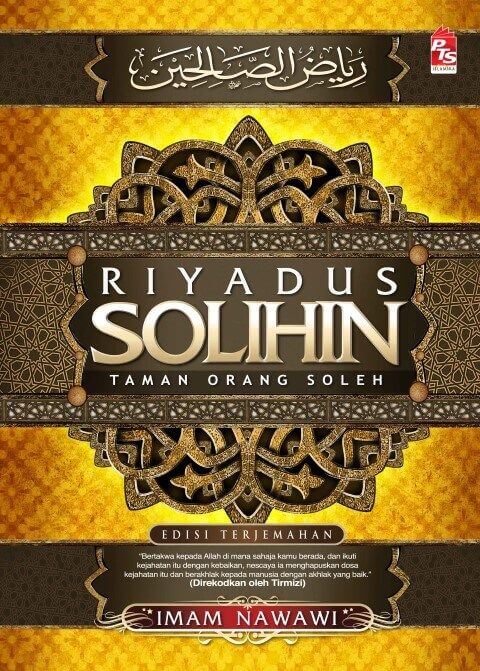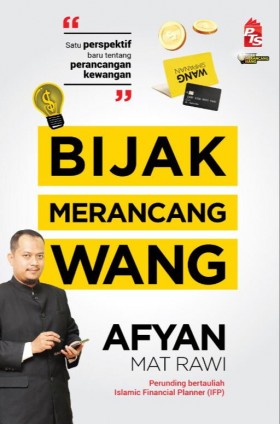CORRUPTION is a canker that gnaws away at the social fabric of society. It is pervasive, affecting almost every aspect of life. It can touch almost everyone. It is the beginning and root of all illegality and tyranny, the source and foundation of every sort of disturbance and sedition, the most vast of evils and greatest of calamities.
Corruption is a two way street. There will be no graftees if there are no grafters (no giver, neither can there be a taker and vice versa). Corruption occurs when an individual abuses his authority for personal gain at the expense of other people. Corruption breeds unfairness and crookedness and, in more serious cases, puts life and property at stake. Essentially, corruption boils down to a lack of scruples on the part of those who offer bribes without any qualms, and greed on the one who accepts.
Most agree that corruption is a menace to society, but a minority argue there is no way to escape it because it has become a norm. And when it is government officials who are accused of bribery, how can the problem be solved? Does the fault lie with the giver or the taker?
In the Transparency International Corruption Perceptions Index 2009, Malaysia was ranked 56th out of 180 countries - a position that can and must be improved. "Perceptions" can be a biased barometer and a poor stand-in for more quantitative measures of graft. But there is a widespread hunch that although Malaysia has not reached the stage where corruption has become an accepted way of life, there are many Malaysians who see corruption as an easy way to get rich.
Generally government officers are often blamed for corrupt practices in the country, perhaps elsewhere, too. This is because they are directly involved in the administration of various services and facilities such as issuing licences and permits, awarding tenders, and in procurement exercises. Officers who involved in law enforcement are among those exposed to corruption and lucrative offers as offenders find ways to avoid being prosecuted or punished and are willing to pay their way out. Left unchecked, the practice becomes a habit and soon, part of work culture. While it cannot be denied that corruption exists everywhere, society must not condone it. Law enforcement agencies should have an internal control system that can detect irregularities and act against people who commit corrupt practices.
Malaysians face the risk of losing the nation to the most persuasive corrupters if they fail to resist the temptations of corruption. Society should play its role to fight corruption. The first step is for society to abhor the practice for it is only with self-realisation and much effort that the scourge can be minimised. Society can play a big role in fighting corruption by demonstrating strong abhorrence towards it. The feeling of shame is the most effective weapon against corruption, alongside noble values like religious faith cherished by the community. Infuse honesty and integrity at formative stage.
Making honesty a basis of life is the biggest challenge that we are facing. However we must get serious about this business of integrity. Efforts should be continuously made to instill integrity because a person with high integrity would not commit corrupt practices under whatever circumstances. It is incumbent upon Malaysians to know the dangers of corruption and bribery and to avoid them like poison.
The people's mindset should be changed so that they would automatically shun corruption and bribery. Make a difference, stand up against graft. We have to show hatred for graft to eradicate it.
Let's make Malaysia a nation of integrity.
















No comments :
Post a Comment